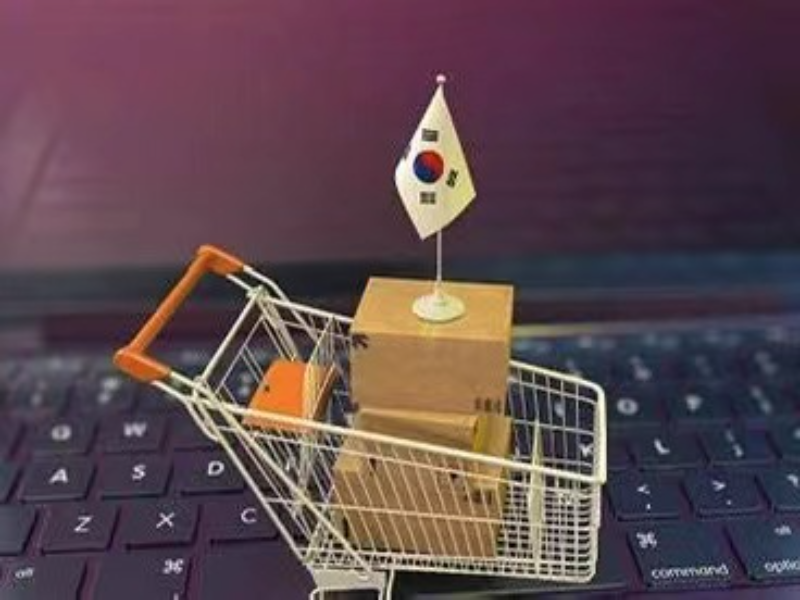- South Korea’s government has announced a $404.55 million liquidity support package to help small businesses affected by payment delays from e-commerce platforms.
- Qoo10’s acquisition of underperforming e-commerce platforms indicates a lack of due diligence and the pursuit of growth at the expense of operational integrity.
OUR TAKE
The government’s intervention, while necessary, underscores the need for stricter oversight to prevent such crises. Small businesses and consumers are left vulnerable when companies fail to manage risks responsibly. However, the government can’t support every failure. The urgent task is to strengthen the existing fragility hidden beneath the surface of the booming e-commerce industry.
—Ashley Wang, BTW reporter
What happened
South Korea’s financial authorities have announced a substantial liquidity support package of at least $404.55 million to assist small businesses affected by recent payment delays from major e-commerce platforms TMON and WeMakePrice, owned by Singapore-based Qoo10. The government intervened following an investigation into these companies for failing to pay vendors, a situation affecting approximately 60,000 merchants and accumulating missed payments.
The crisis has drawn significant attention due to its impact on both vendors and consumers. South Korean banks have temporarily halted loan services to TMON and WeMakePrice, further exacerbating liquidity issues. In response, the government has pledged low-interest policy loans and extended repayment deadlines for existing loans and tax obligations. This intervention aims to mitigate the damage to small businesses, a critical component of South Korea’s economy.
The e-commerce platforms, struggling with cash flow problems, have stopped issuing refunds to consumers, creating widespread concern and unrest. Ku Young-bae, the South Korean founder of Qoo10, apologised for the delays and promised efforts to resolve the situation, including a commitment to secure $50 million, although specific plans remain undisclosed.
Also read: South Korean court to rule on arrest warrant for Kakao founder
Also read: Qoo10’s Korean units face probe over merchant payment delays
Why it’s important
Over the last few years, Qoo10 conducted a series of acquisitions, specifically those underperforming e-commerce platforms, which contributed to its liquidity problems. Qoo10’s action in acquisition, aimed at bolstering its market position, has instead revealed a troubling lack of due diligence and foresight. The company’s inability to meet its obligations to vendors and customers highlights a systemic issue within the industry, i.e., the relentless pursuit of growth at the expense of operational integrity.
The government’s intervention, while necessary to mitigate immediate damage, underscores the broader systemic risks that can arise when companies engage in aggressive expansion without adequate risk management.
Governments and regulatory bodies must implement stricter oversight mechanisms, including rigorous financial audits, transparency in corporate acquisitions, and safeguards to protect the interests of small businesses and consumers. Ensuring that e-commerce platforms adhere to these standards is crucial for maintaining a healthy, competitive, and trustworthy market environment.

